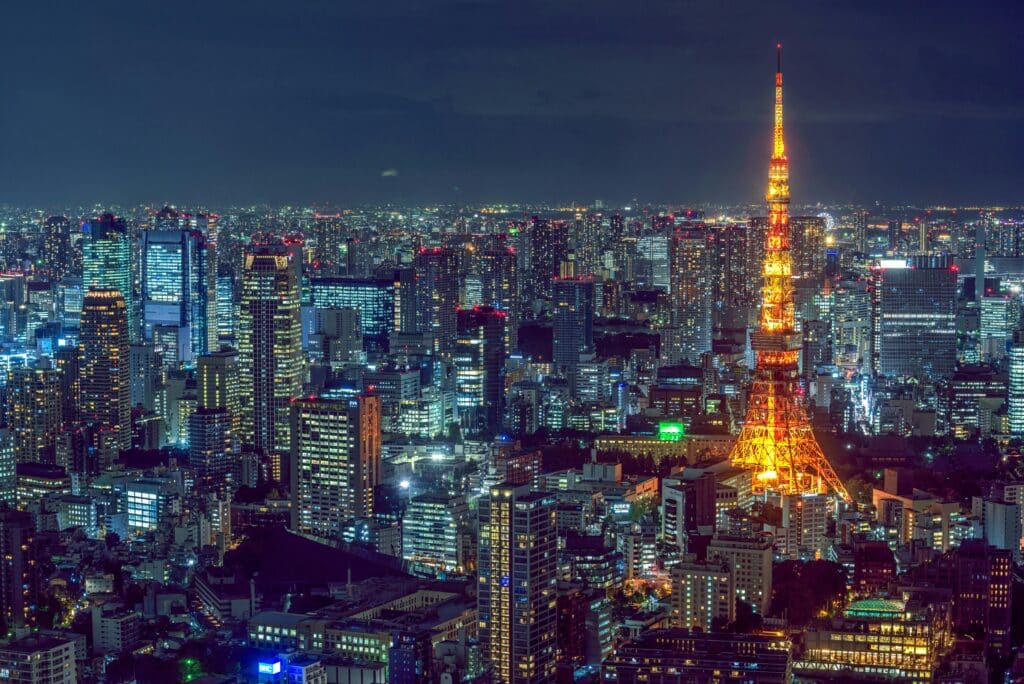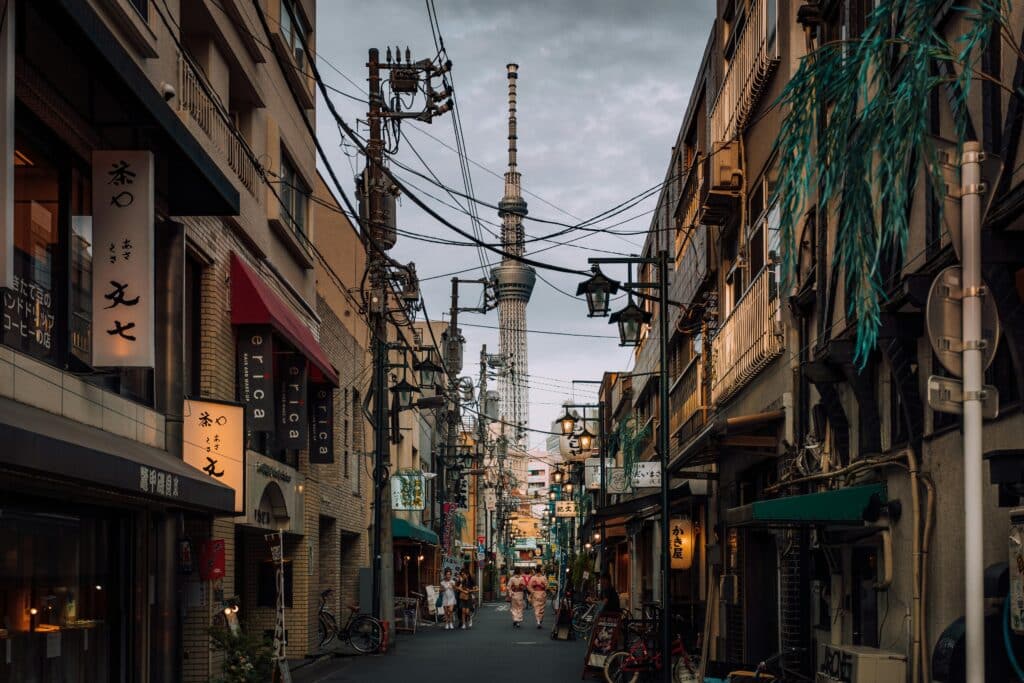
Japan boasts a strong economy, a high quality of life, and one of the most stable currencies in the world. However, it’s also known for its high cost of living compared to other countries. The Mercer Cost of Living Index ranks Tokyo as the ninth most expensive city globally, just behind Singapore and New York City.
Before booking a one-way flight to Nagoya or Yokohama, here’s what you need to know about living costs in Japan and how expenses vary between cities.
Understanding the Cost of Living in Japan
Japan has a population of nearly 124 million, with around 2.3% born overseas. It’s a popular destination for many reasons: students come to learn Japanese or teach English, backpackers and digital nomads visit for the stunning temples and vibrant culinary scene, and some expats even choose to retire there.
The cost of living in Japan depends on where you live, your lifestyle, and your residency status. According to NomadList, monthly living costs in Tokyo are around £3,900 for a digital nomad, £3,080 for an expat, and £1,735 for a local.
Tourists and short-term visitors tend to pay more for accommodation and travel, while residents with a work visa can benefit from access to Japan’s national healthcare system. Although salaries in Japan are relatively high, they may not match those in the UK. For example, software engineers in Tokyo earn a median salary of around £35,800, while teachers earn approximately £27,700 per year.

The Cost of Living in Japan by City
Japan’s densely populated cities like Tokyo and Kyoto rank among the most expensive in the world. For a more affordable lifestyle, consider moving to smaller cities or rural areas. Here’s a breakdown of typical costs in four major cities:
Tokyo
As the world’s largest metro area with 37 million residents, Tokyo offers a bustling lifestyle and efficient public transport but comes with high housing and food costs.
- Housing: £870 for a small apartment
- Food: £7.30 for lunch, £3.10 for a cappuccino
- Transport: £63 for a monthly public transport pass
- Health: £71 for a gym membership
Osaka
Osaka, Japan’s third-largest city, is known for its milder climate and more affordable real estate than Tokyo.
- Housing: £475 for a small apartment
- Food: £5.95 for lunch, £2.60 for a cappuccino
- Transport: £66 for a public transport pass
- Health: £57 for a gym membership
Send and Receive Money Internationally in the UK with Remitly.
Get started with our free mobile app.
Download
Kyoto
Renowned for its temples and cherry blossoms, Kyoto offers a similar cost of living to Osaka and is slightly smaller, with 2.6 million residents.
- Housing: £520 for a small apartment
- Food: £5.85 for lunch, £2.85 for a cappuccino
- Transport: £79 for a public transport pass
- Health: £65 for a gym membership
Fukuoka
Located on the island of Kyūshū, Fukuoka is famous for its regional ramen and fresh produce. Despite its southern location, you can reach Tokyo in under five hours via high-speed train.
- Housing: £460 for a small apartment
- Food: £5.35 for lunch, £3.10 for a cappuccino
- Transport: £65 for a public transport pass
- Health: £54 for a gym membership

Average Monthly Living Expenses in Japan
Although Japan’s cost of living is high, careful planning can help you save. Sharing accommodation, eating at home, and taking advantage of local discounts are just a few ways to keep expenses manageable.
Housing
Tokyo’s housing costs are nearly double those in Osaka and Kyoto, but options like living outside the city centre or sharing a flat can help reduce costs. Be aware that renting often involves deposits, agency fees, and insurance.
Food and Drink
Japan’s culinary scene is vast, from regional specialities to international chains. While dining out daily can add up, affordable options like convenience store bento boxes or cooking at home are cost-effective.
- Coffee: £1.80
- Coca-Cola: £2.30
- Beer: £3.60
Public Transport
Japan’s extensive rail network is convenient and efficient. Commuter passes offer savings for residents, while tourists can benefit from rail passes for travel across the country. A train journey from Tokyo to Nagoya costs £47–£68 for an unreserved seat and £55–£72 for a reserved seat.
Healthcare
Residents can access Japan’s National Health Insurance (NHI), which covers 70% of most medical expenses. Non-residents must arrange private insurance. Employer-based Social Insurance (SI) may also be available for expats.
